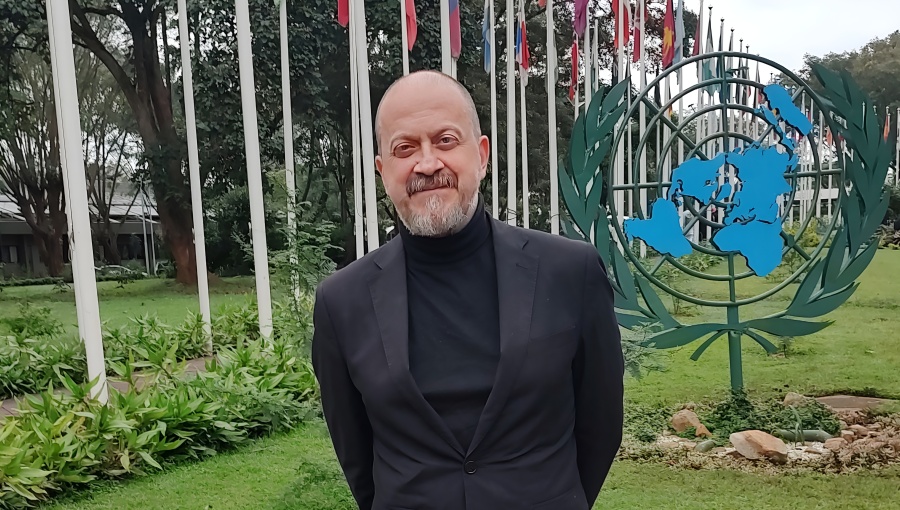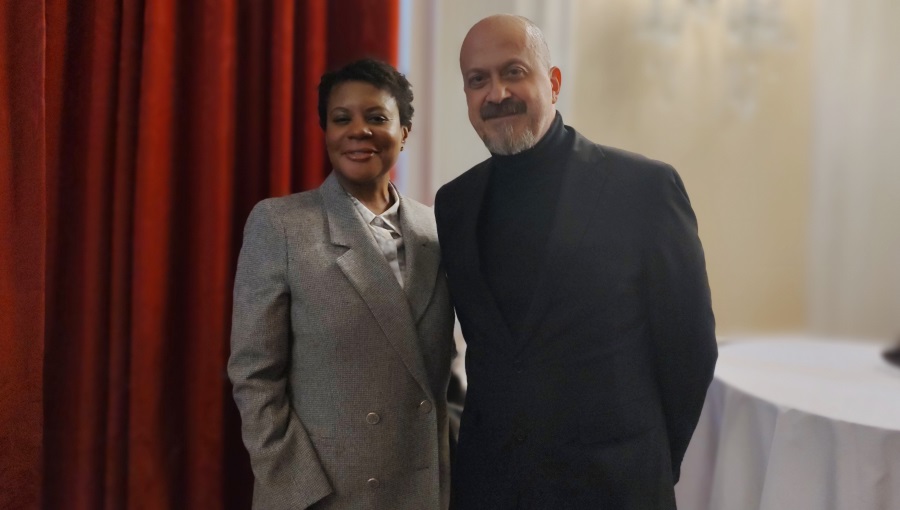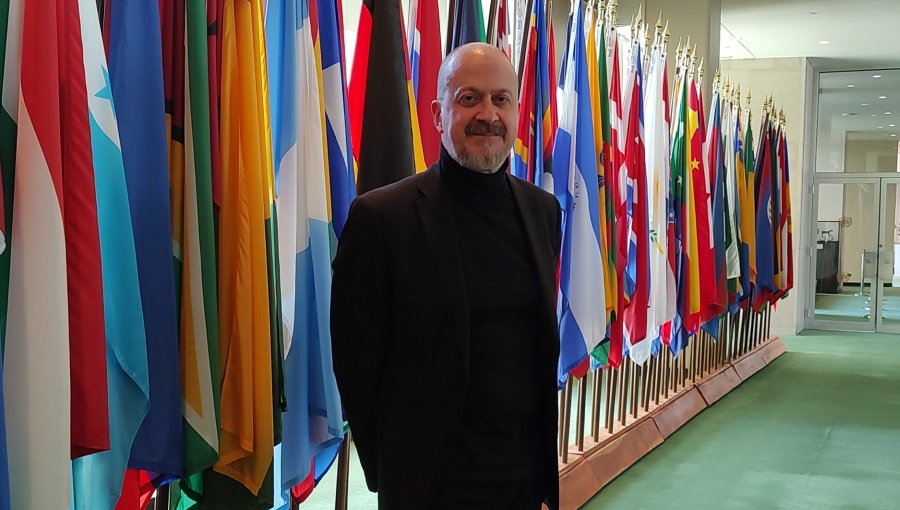AI Ethics and Diplomacy: an Institute of Future and Innovation Studies Event
The JCU Institute of Future and Innovation Studies organized the online lecture “AI Talk Live: AI Ethics and Diplomacy – Multilateralism & The International Governance of AI with Dr. Eugenio Vargas Garcia,” held on June 30, 2021.
The speaker was Dr. Eugenio Vargas Garcia, a diplomat and researcher on the international governance of artificial intelligence and senior adviser to the President of the UN General Assembly in New York. He is currently based in San Francisco, USA, as Deputy Consul General in charge of Science, Technology, and Innovation. Dr. Garcia has been appointed as Brazilian expert in the intergovernmental negotiations on UNESCO’s Recommendations on the ethics of AI, and the first Brazilian Technology Ambassador. He is also part of AI Talk Live founding fellows.
In his talk, Dr. Garcia discussed how diplomacy, multilateralism, and the United Nations (UN) can play a role in encouraging further engagement in artificial intelligence at the global level. In a fragmented landscape, despite numerous initiatives on AI principles, the international governance of AI lacks coordination. The UN has been active on several fronts, including UNESCO’s negotiations on a Recommendation on AI Ethics and the follow-up of the Secretary-General’s High-Level Panel on Digital Cooperation. The UN is well-positioned to offer a credible multilateral track, under the auspices of the Organization, towards ethical, human-centered, and peaceful uses of AI systems.
About AI Talk Live
The AI Talk Live joint project was created by a number of scholars and diplomats from universities and national institutions across the USA, Canada, UK, Puerto Rico, Panama, Uruguay, Portugal, France, Brazil, Italy, Switzerland, Mexico, Honduras, Cyprus, Spain, Peru, Australia, Thailand, Dominican Republic, and Jamaica. The mission is to develop cross-cultural cooperation for a human-centric approach to artificial intelligence that guarantees cultural diversity and a variety of normative perspectives in the development of trusted, transparent, accountable, inclusive AI geopolitics and AI applications.





